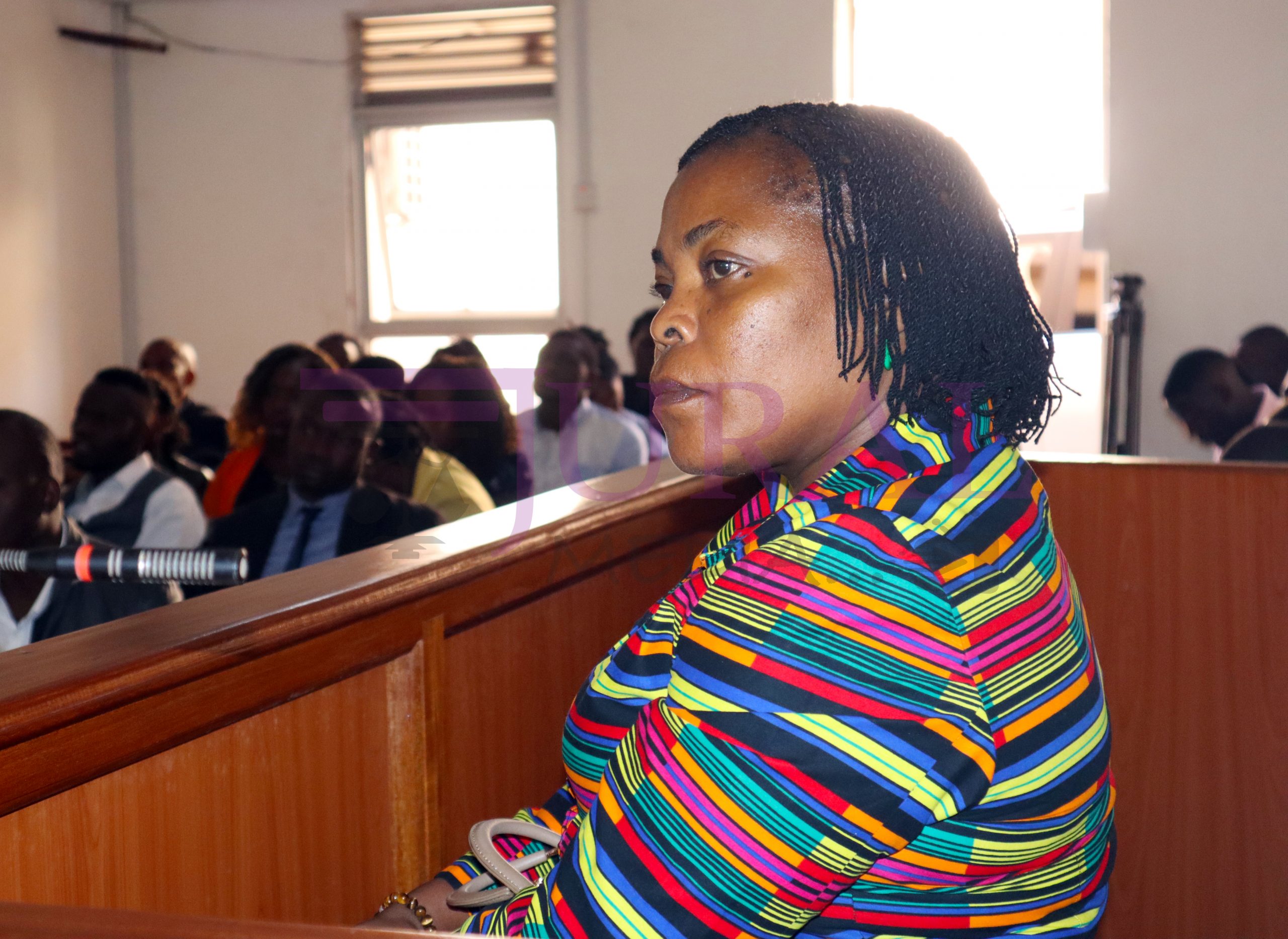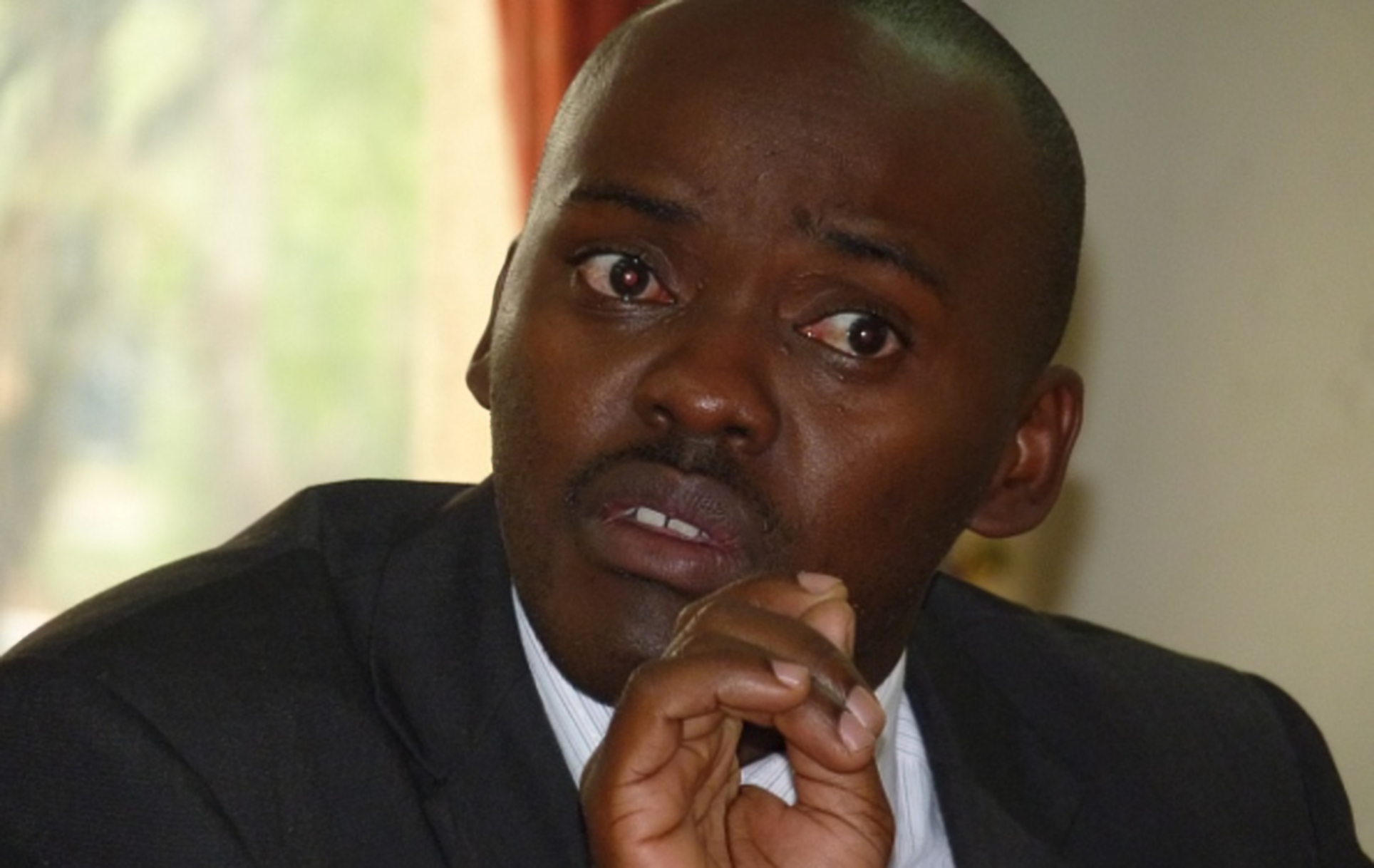Kerry Howard Mwesigwa
The Anti-Corruption Court in Uganda has dismissed an application by the State Minister for Karamoja Affairs Hon. Agness Nandutu seeking to halt the trial that is inquiring into corruption charges stemming from the Karamoja iron sheets scandal. Agnes Nadunttu, made an appearance before the Anti-Corruption Court on May 29th, 2023 before Judge Jane Okuo Kajuga for ruling on whether to refer the question raised for interpretation to the Constitutional Court.
The minister stands accused of engaging in activities related to suspect property. During the court proceedings, Nandutu’s laywers led by Caleb Alaka raised issues relating to the charges brought against their client which in their opinion required constitutional interpretation. Nandutu’s team argued that Section 21 of the Anti-Corruption Act lacked clarity and precision, contending that an individual could only be charged under this section if there was a prior conviction related to the theft of the suspect property in question.
The defense team informed the court that they had already lodged a petition with the Constitutional Court regarding this matter. However, on its part the prosecution team contended that the defense’s actions were merely a fishing expedition, aiming to prolong the trial process by seeking simultaneous recourse before the Constitutional Court.
According to Article 137(5) of the Constitution, a trial court must refer a question to the Constitutional Court only when it involves a substantial issue that requires interpretation of the constitution. In reviewing previous cases such as Hajji Yusuf Bagaliya and Another v Daminco and AG, the court acknowledged that a reference should only be made if there exists a prima facie question necessitating constitutional interpretation. The court emphasized that the referring court must assess the merit of the application and its adherence to the relevant legal provisions.
Deliberating on the clarity of the section in question, Justice Jane Okuo Kajuga concluded that the wording of Section 21, under which the charges were filed, was unambiguous and comprehensible. The judge found no prima facie question necessitating constitutional interpretation or any violation of the principles of fair trial as enshrined in Article 28, specifically pertaining to equity and impartiality.
Consequently, Judge Kajuga declined to refer the constitutional question raised for interpretation, stating that the provision in question was clear and easily understood. The judge opined that no grounds existed for constitutional interpretation or any infringement of Article 28. Judge Kajuga referred to Article 137 of the Constitution, advising that, in order to avoid multiple lawsuits, aggrieved parties should utilize one available option. As a petition had already been submitted to the Constitutional Court, referring the same question to the Anti-Corruption Court would be superfluous and could potentially delay the trial.
The court denied the request to stay proceedings and dismissed the application in the Anti-Corruption Court. The defense was advised that, if dissatisfied, they could seek an injunction from the Constitutional Court, which possesses the jurisdiction and expertise to determine whether the proceedings should be stayed for the purpose of interpreting the constitutional question.
The Judge has set Thursday, June 8th, to commence hearing of the case.















